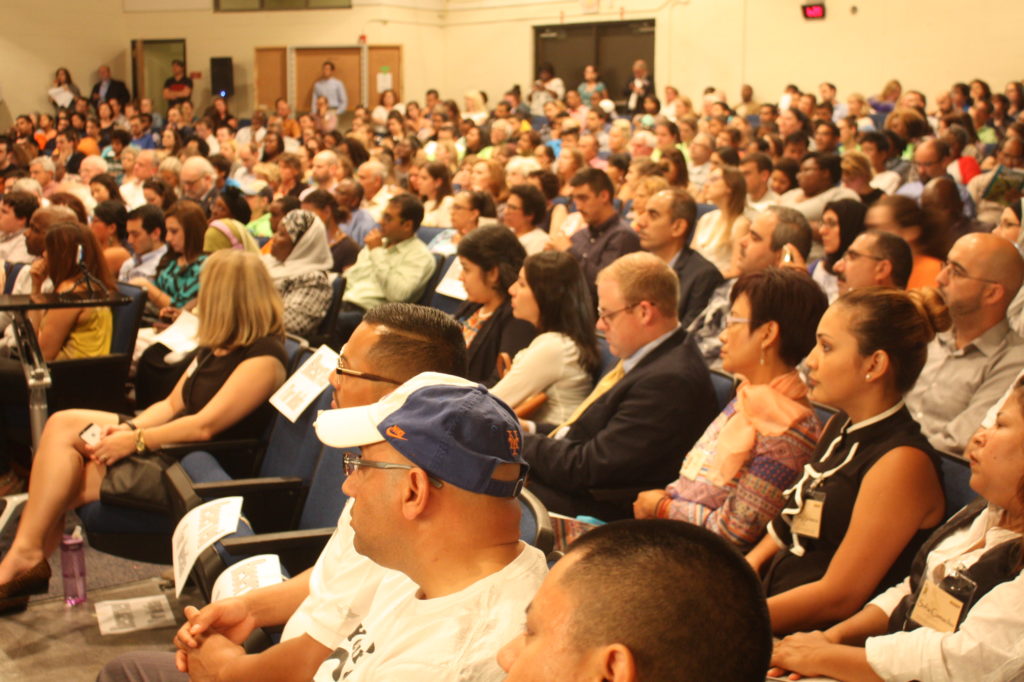
More than 200 immigrants have registered to vote in Nashville in the past few weeks, according to the Tennessee Immigrant and Refugee Rights Coalition. The group has also hosted a mayoral forum and surveyed foreign-born Nashvillians about what they want in the next mayor.
While some of these voters have unique demands, others sound a lot like something Nashville natives would raise.
Karwan Abdulkader
, of Kurdistan, wants the same thing for South Nashville as many other voters.
“Sidewalks. Bike lanes,
“
he says.
“Nolensville
Road being such a major street, it’s … definitely been beat up a lot … and with so much diversity — it’s the hub of diversity for all of Nashville.”
That’s right, sidewalks. It’s a popular rallying cry, no matter which voters say it, along with
affordable housing and
transit.
More:
All mayor’s race coverage from WPLN
Yet other immigrant voters say they have some unique needs and that they desperately hope the candidates understand. 20-year-old Muna Muday, a refugee from Kenya who settled in East Nashville in 2004, says she wants her next mayor to know that language translation services could still be better.
“Language barriers — we need more resources to help individuals that are coming to Nashville and making it their new home to be able to have an easy transaction,” she says.
Local Muslim activist Drost Kokoye, who often registers voters, worries that some candidates aren’t really hearing from diverse voices — a point she made after attending the immigrant forum.
“Being in the crowd, looking up at my future mayor, I saw a lot of people with dollar signs in their eyes but corks in their ears. … All the while, they were seeing a lot of opportunity from this community that seemed like it was more a taking opportunity than it was a building opportunity,” she said.
Kokoye hopes for a deeper understanding of immigrant needs and also of their contributions — which she sees as being far greater than opening a few eclectic restaurants.
“The strength and beauty of Nashville comes from its diversity and not just the food and culture that we can kind of turn into business, but also the language, and the people, and the history, and the stories that come along with making this city the beautiful place that it is,” she said.


